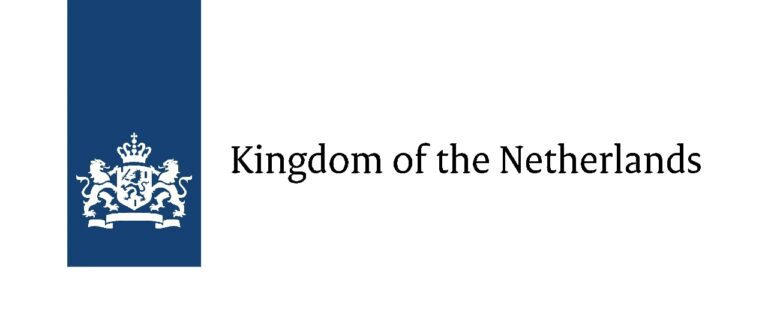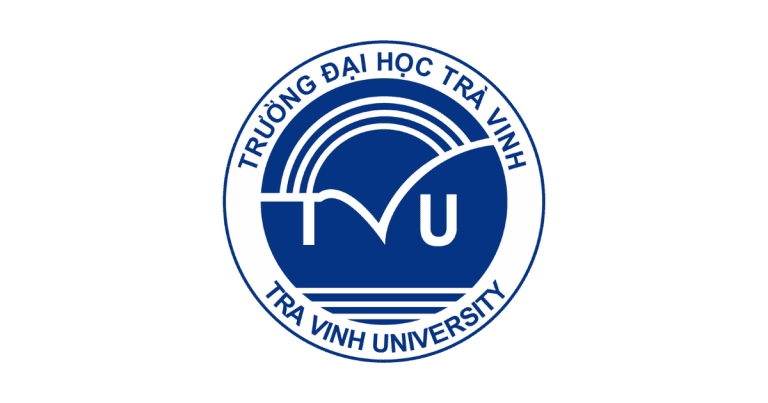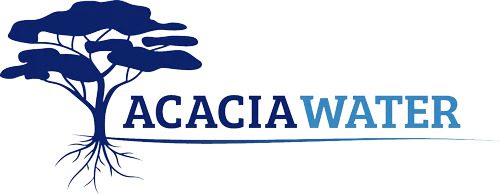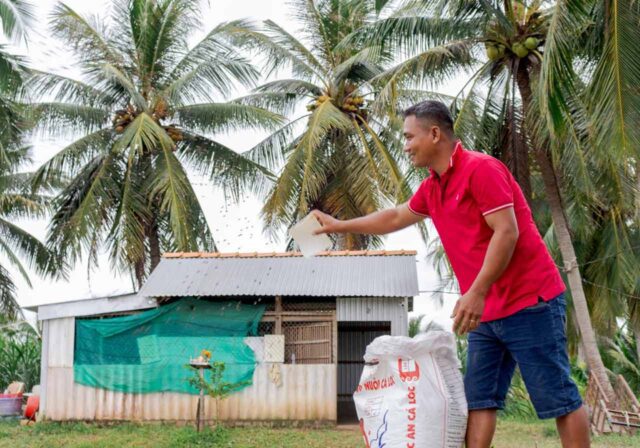The Mekong Delta in Vietnam, a major food-producing region with millions of dedicated farmers, has been facing various threats due to rising sea levels, groundwater extraction, droughts, and saltwater intrusion. Saltwater intrusion, in particular, endangers agriculture, causing crop failures and freshwater shortages, resulting in the economic and social consequences, ultimately leading farmers to abandon their lands and migrate to cities. To address this critical issue, Mekong Salt Lab project has been established to develop an action-oriented centre of expertise that supports farmers to respond and adapt to salinisation.
The pilot project kicked off in Tra Vinh, a coastal province in the heart of the Mekong Delta. Located between two major branches of the Mekong River and directly exposed to the sea, Tra Vinh faces various delta challenges, with saltwater intrusion being a significant concern. In the initial phase, the project team conducted site visits and household surveys to understand the impact of saltwater intrusion, observe how local farmers adapt to salinized soil, and explore its broader consequences. Simultaneously, capacity building initiatives took place at Tra Vinh University, and the organizational framework for the Mekong Salt Lab was collaboratively developed with project partners and local stakeholders. Subsequently, the Mekong Salt Lab Center was established at Tra Vinh University, marking a significant milestone. The dedicated online platform for the program was also officially launched, making crucial information accessible to the wider public.
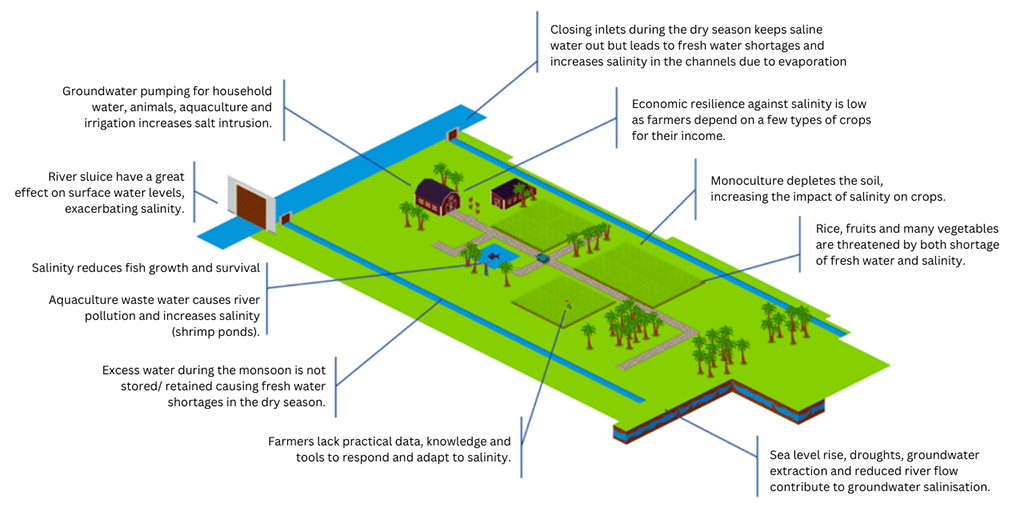
Different salinity-related problems in Tra Vinh Region
Building upon the groundwork laid in previous phase, Mekong Salt Lab Phase II is dedicated to designing and implementing tailored solutions by actively involving champion farmers in the Tra Vinh Region. After assessing various salinity challenges, key deficiencies in the region were identified:
- Practical Salinity Data: Farmers lack access to timely and useful (salinity) data to assess the quality of different water sources, the changes of salinity levels over time, etc.
- Practical Knowledge and Tools: Farmers lack practical knowledge and tools to adapt to salinity, e.g., related to freshwater retention, water treatment and salt-tolerant crops.
- Accessible, Affordable, and Actionable Support: While numerous organizations and institutions offer services to farmers, they often lack practicality and cohesion, or may be unaffordable.
In response, Mekong Salt Lab aims to provide cost-effective, farmer-centric salinity adaptation services by uniting expertise and resources from relevant public and private stakeholders.
The project introduces a comprehensive range of innovative and adaptive solutions:
Salinity Data Farming Platform
Hydroponics
Freshwater Collection & Retention
Agricultural (Waste)water Treatment
Constructed Wetlands
Asia Raincraft
Salinity Farming Training Program
The project introduces a comprehensive range of innovative and adaptive solutions:
Salinity Data Farming Platform
Hydroponics
Freshwater Collection & Retention
Agricultural (Waste)water Treatment
Constructed Wetlands
Asia Raincraft
Salinity Farming Training Program
Ultimately, the project seeks to prove the value and sustainability of the Mekong Salt Lab by demonstrating concrete benefits for farmers, including increased yields, better crop quality, higher prices, and cost savings. This success is expected to encourage local stakeholders to establish the Mekong Salt Lab as a recognized hub for farmer expertise through a public-private partnership and expand the services throughout the broader Mekong Delta region in the future.
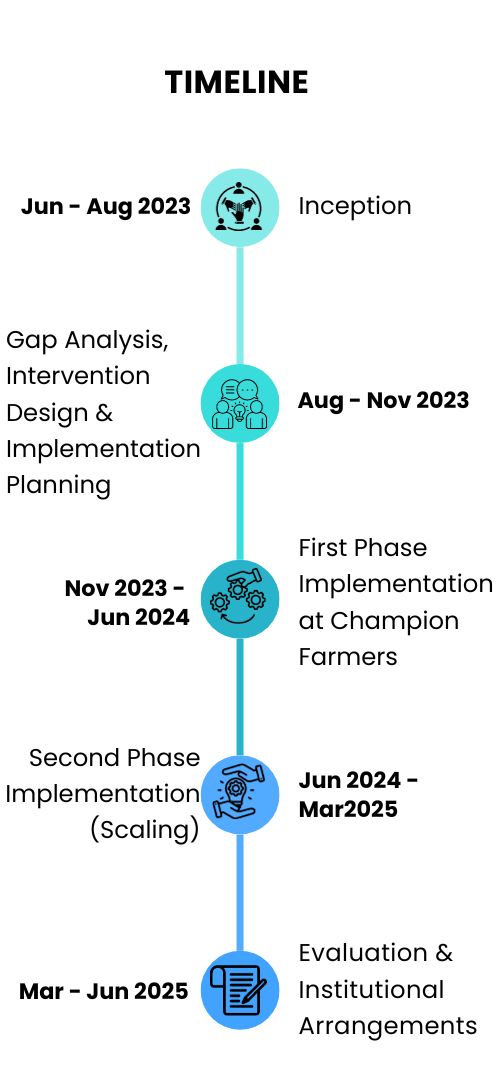
Lead Partner

Project Partners
Collaborating for Success: Our Trusted Project Partners
